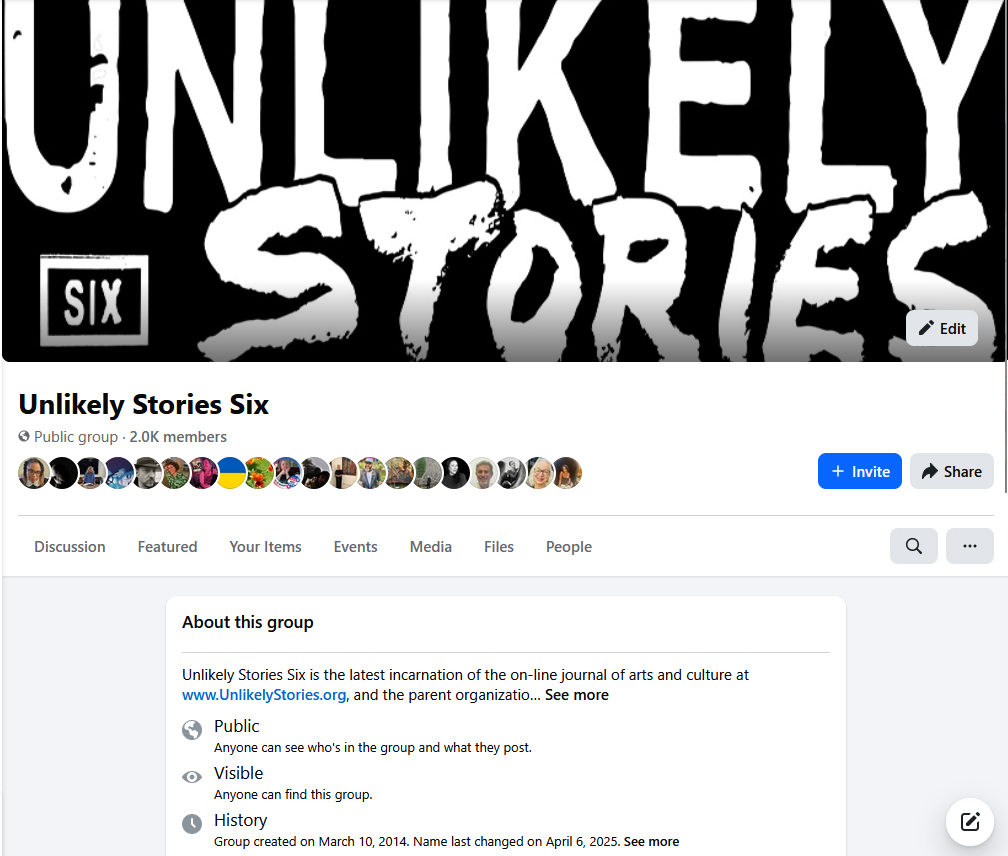a counterapology to Stay: A History of Suicide and the Philosophies Against It by Jennifer Michael Hecht
Throughout the book, Hecht frequently—and in her own voice—refers to suicide as “self-murder.” Interestingly, she talks about the etymology of suicide, pointing out that it is, despite its appearance, not initially Latin. In fact, “suicide” was simply not a word before an outbreak of suicides in England in the early 1600s: Wiktionary believes the newly-coined Middle English word seolf-cwale (literally “self-slaughter”) was retroactively made into a Latinate, and the word stuck. In the middle ages, “self-murder” was presumably just about the only way the act was described.
These are not the middle ages, and self-murder is an incredibly charged term. Almost everyone believes that murder is bad, and must be condemned. Furthermore, among those who still believe that people can be good or bad, a murderer is generally considered a bad person. Hecht makes no suggestion that suicides are bad people, but she is aware of words and how they are perceived, and must realize the implications of her term.
As I say: almost everyone condemns murder, and Hecht wishes to use this language to condemn suicide. The funny thing is, I can’t truly mount a linguistic argument against her, because I can’t actually find it in myself to universally condemn murder, either. “Murder” is extralegal homicide, and I cannot bind myself to the legitimacy of law, nor can I believe that homicide is always wrong. I can discourage it, as I discourage suicide. But I believe that homicide in self-defense is acceptable, and I have a much broader definition of “self-defense” than the law. Specifically, I allow for, and indeed sometimes celebrate (although always reluctantly), homicide that delivers humans from their oppressors. With this logic, I tend to draw a sharp distinction between revolutionary violence and the actions of the miscreant, though thinkers on both sides of this issue have raised coherent objections to this distinction.
I live in a world of exceptions to the rule, of Luigi Mangione and Norman Morrison. Hecht explores the possibility of exceptions to her rule, considering how physical illness might make suicide acceptable, and considering the nature of “coerced suicides” such as that of Socrates. For me, exceptions are so commonplace that they make rules meaningless and counterproductive. Perhaps someone who can’t condemn murder has no business objecting to the ethical framework of another, but here I am, bitching about this book.





Comments
Tobey Hiller (not verified)
JoaniJoaniJoani... (not verified)
Regina Rheda (not verified)
Add comment